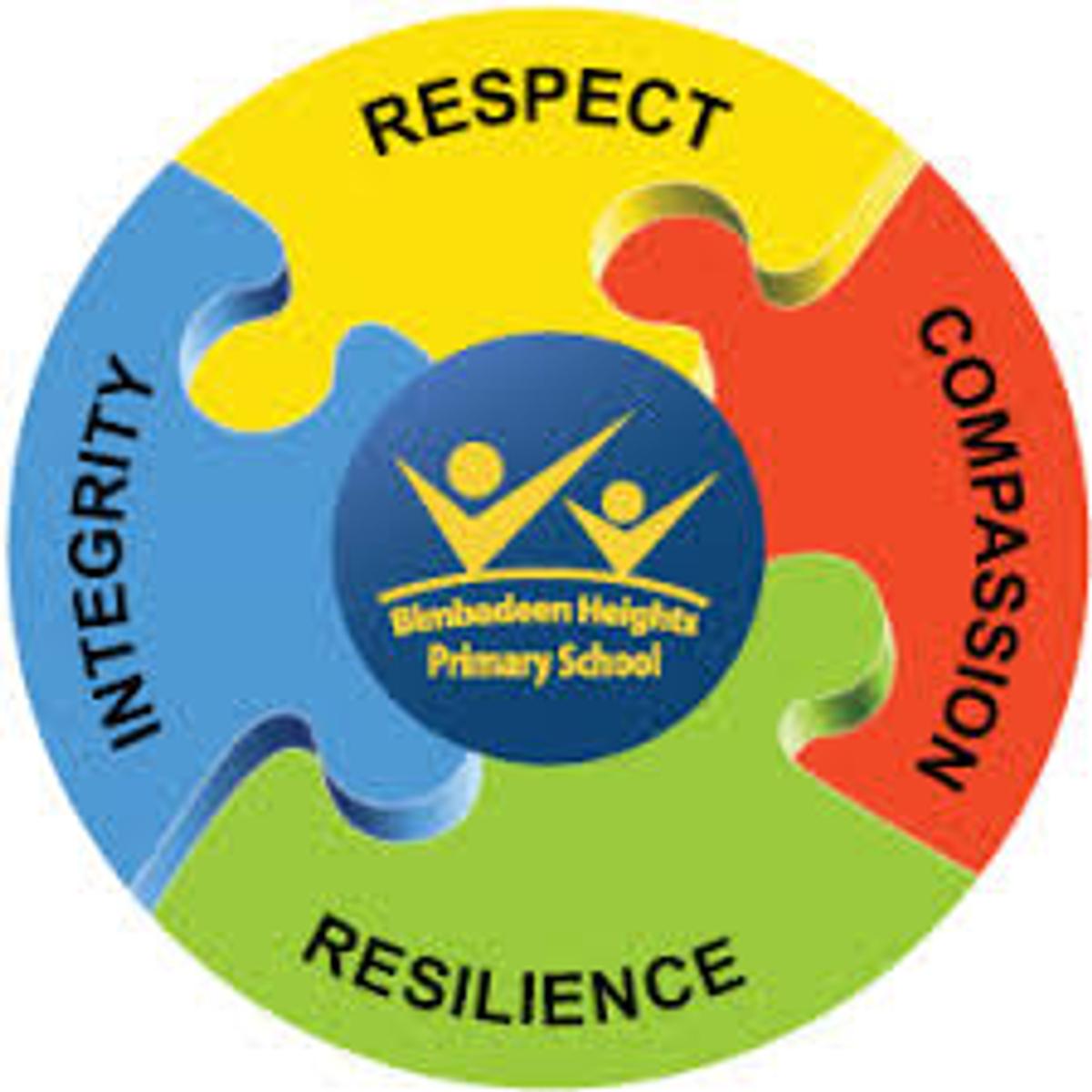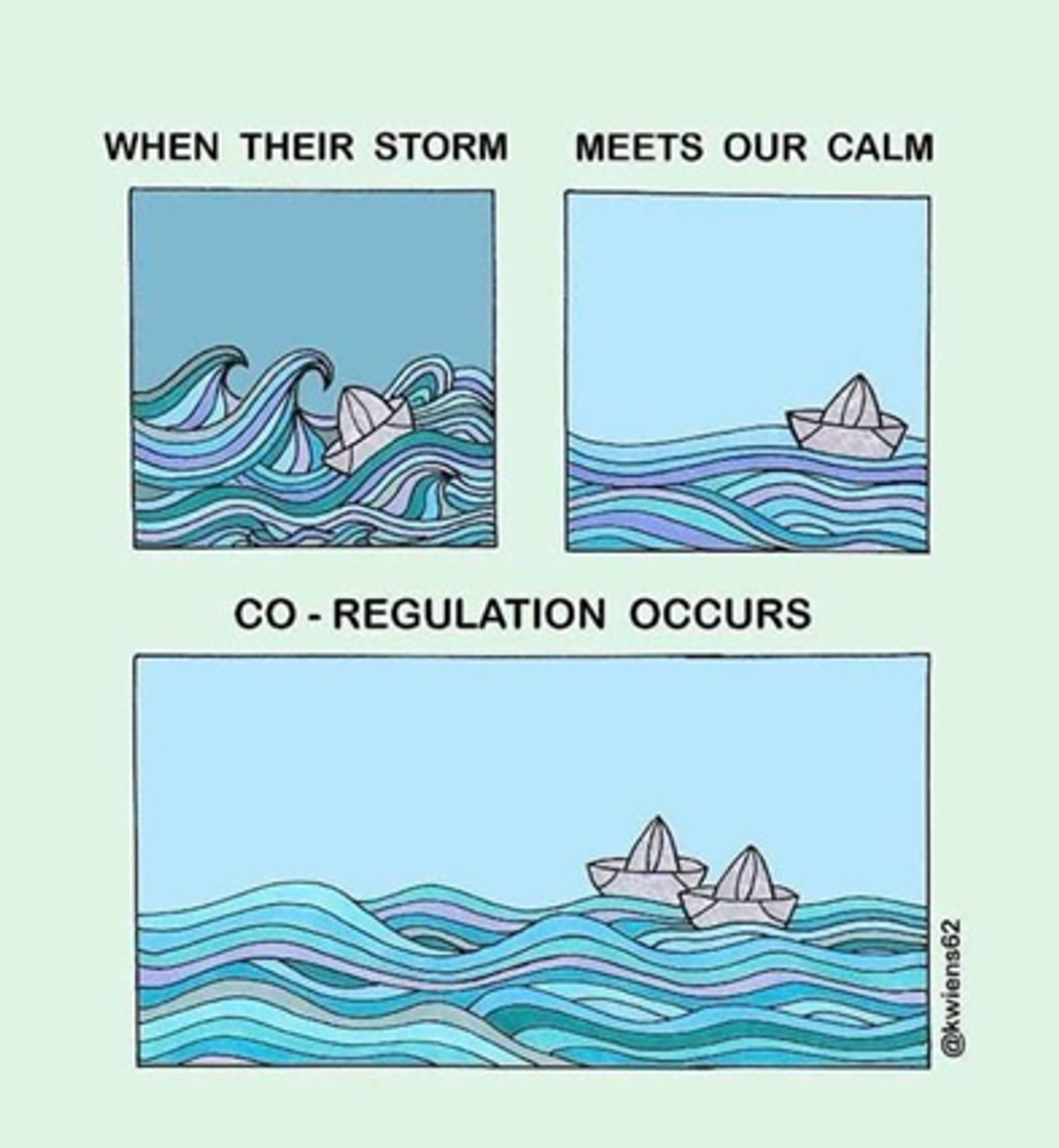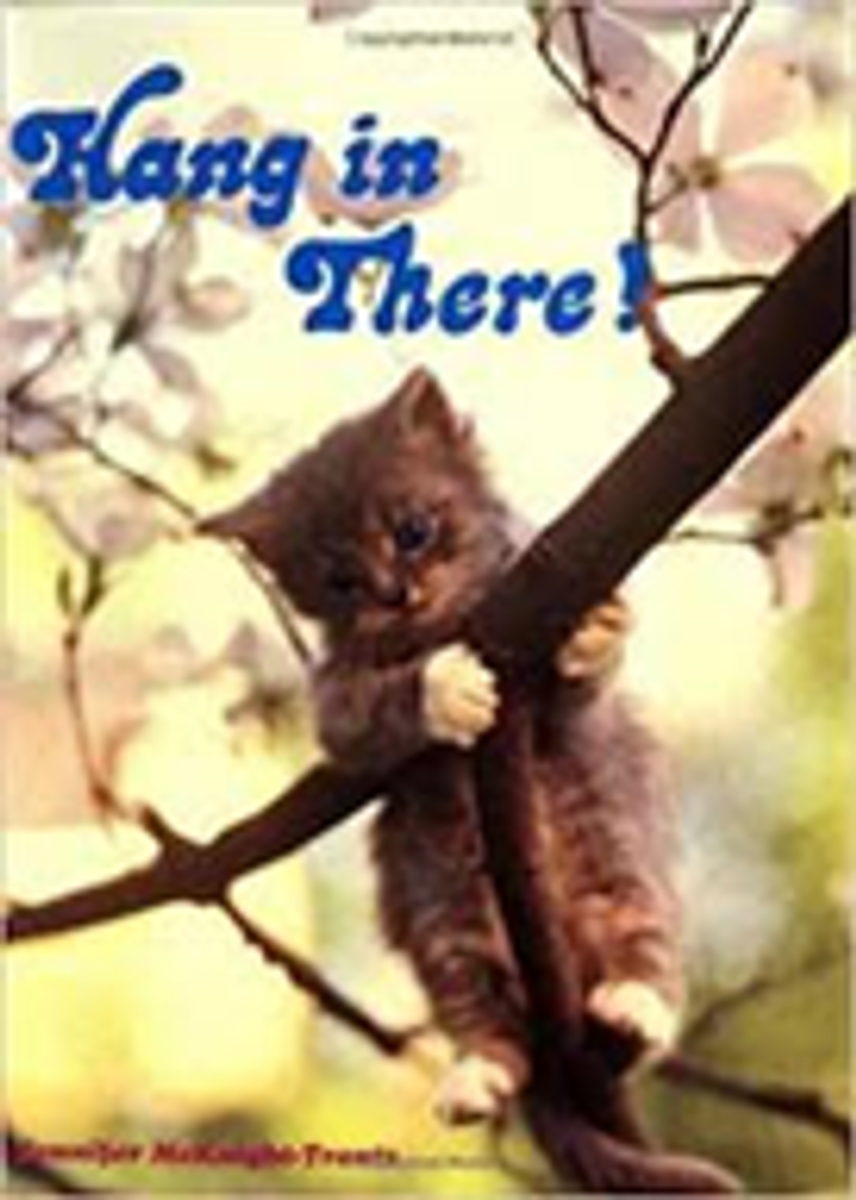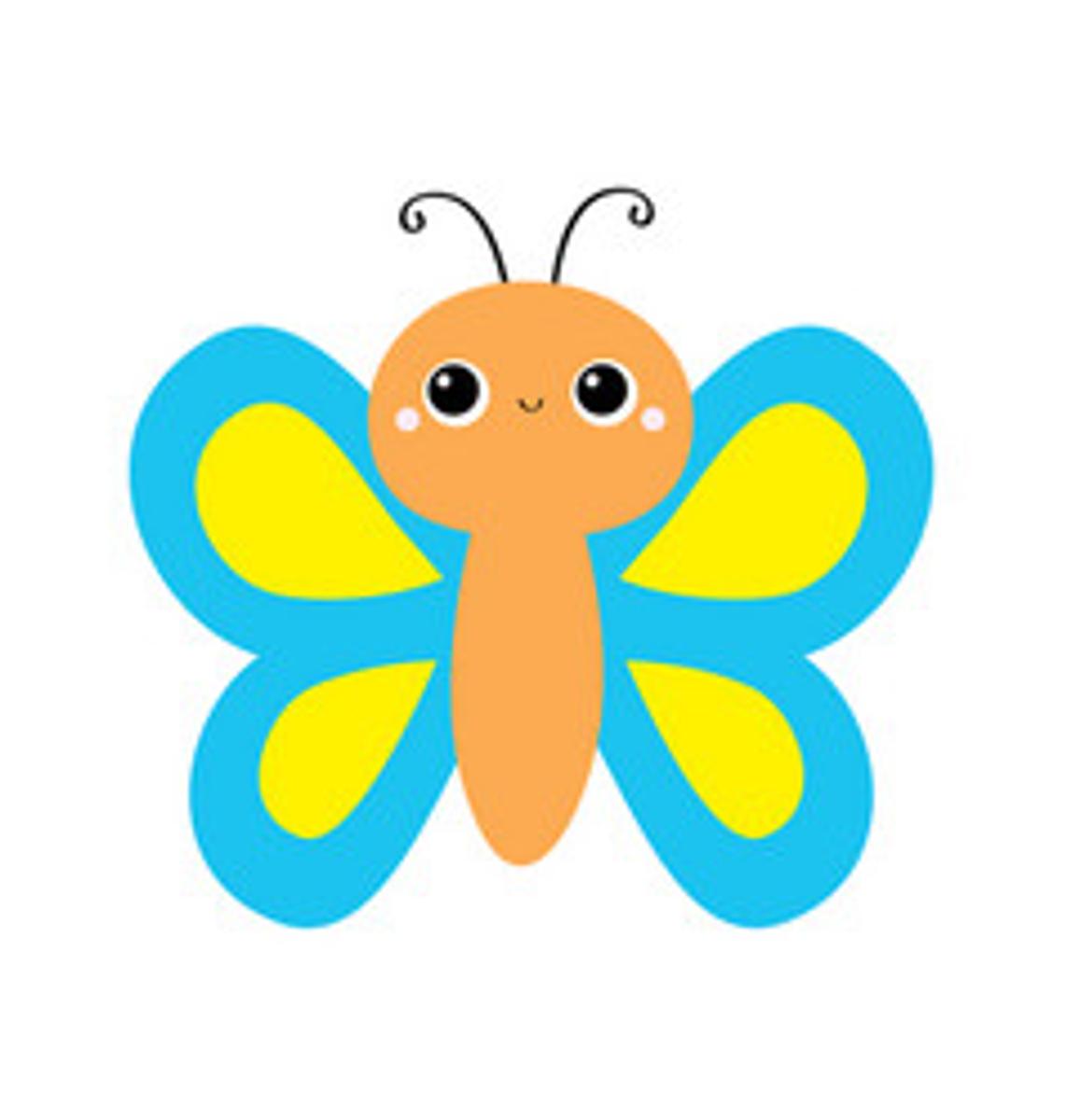Wellbeing

SWPBS -
These students have all received 10 or more tokens for showing our school values in their attitude and behaviour.
Congratulations to:
Emily S. 3/4M
Charlie M. 3/4B
Curtis Z. 2SB
Kira H. 3/4P
Ben H. 2BT
Riley L. 6NP
Lachlan N. 1JG
Katie O. 0BD
Aubrey S. 1JG
Co-regulation
When our child’s storm meets our calm, co-regulation occurs
“When little people are overwhelmed by big emotions, it’s our job to share our calm. Not join their chaos.” L.R. Knost
From when our children are babies until they reach young adulthood, they are unknowingly developing their ability to self-regulate, or to have self-control. Crucial to this development is being in a caring relationship with a trusted adult who provides structure and guidance. This interaction is called co-regulation and is a process which is also impacted by the emotions and behaviours of both the adult and child alike. As a child grows, their capacity to self-regulate increases. For example, with good self-regulation, when they become upset, they are able to calm themselves down. Due to other factors, some children may find it more difficult to self-regulate than others.
Effective co-regulation by a supportive adult will promote self-confidence and allow a child to feel secure enough to practise new skills and learn from their mistakes.
To co-regulate successfully, the caring adult will need to:
- Be aware of their own feelings and reactions during stressful interactions with the child.
- Acknowledge their own thoughts and beliefs about the behaviours of others.
- Ascertain which strategies assist them to calm down and respond effectively and compassionately. For example, stopping to take a few deep breaths or stepping away from the situation for a few moments.
- Respond calmly to the child in order to reduce likelihood of an escalation. It can be quite a challenge to maintain self-regulation during a stressful interaction with the child.
- Ensure that they have good support for themselves.
How do we co-regulate?
A very important aspect of co-regulation happens when the caring adult seeks to understand the child’s behaviour and the need/s behind it. For example, why is a six-month-old baby crying? It isn’t because it seeks to be annoying or make their parent sleep deprived. There will be a legitimate reason and it’s about finding out what that might be. When a child has experienced trauma or is witnessing increased stress at home, or is using technology extensively, their ability to self-regulate can be greatly impacted.
One of the challenges right now, is knowing that a child is being impacted by the pandemic, usually in a negative way and feeling helpless to do anything much about it.
What can a caring adult do?
When a child’s storm meets our calm, co-regulation occurs.
When a child is experiencing a ‘stormy’ situation, it is imperative that the caring adult consistently approaches the situation calmly and with empathy. The following are some suggestions of ways of doing this:
- Getting down to their eye level or below and making eye contact.
- Listening first before talking. Validate the child’s emotions and feelings. Staying calm and having a controlled response is ideal.
- Explicitly labelling the emotion assists the child to connect what they are feeling and provides the words to describe it. Validating their emotions provides a place to move forward from and should reduce the child’s stress and anxiety.
- When a child has shut down, employ an indirect approach. For example, talking to another person close by to coax them out of their shell or commencing an activity next to them that they would be interested in participating in.
- Build co-regulation into interactions with the child. For example, regularly participating in mindfulness or breathing techniques together.
Taking care of the care giver
Check in with your own self-regulation. Identify when you are struggling and make some changes or take time out.
As an added bonus, this demonstrates to a child that it’s okay to be vulnerable and to practice self-care.
Above all try to hang in there!!! Do what needs to be done to last the distance. Consider what things might be dragging you down? Can some of these be changed? For example, is it necessary to view the negative news several times a day?
Tap into the many support services that are available.
Finally, what infills and recharges you? Take time and make plans to do it!!
At least the weather is improving so being outside is more pleasant!!
Please take care of yourself so that you have sufficient emotional energy to care for your precious little ones.
Anne Lawry
Chaplain





